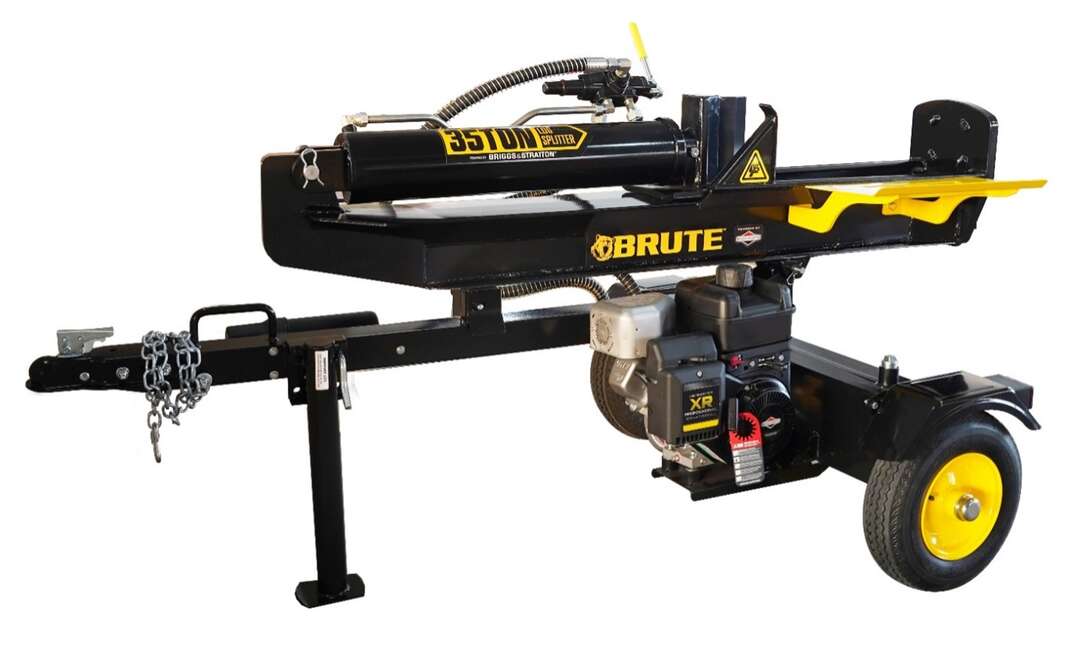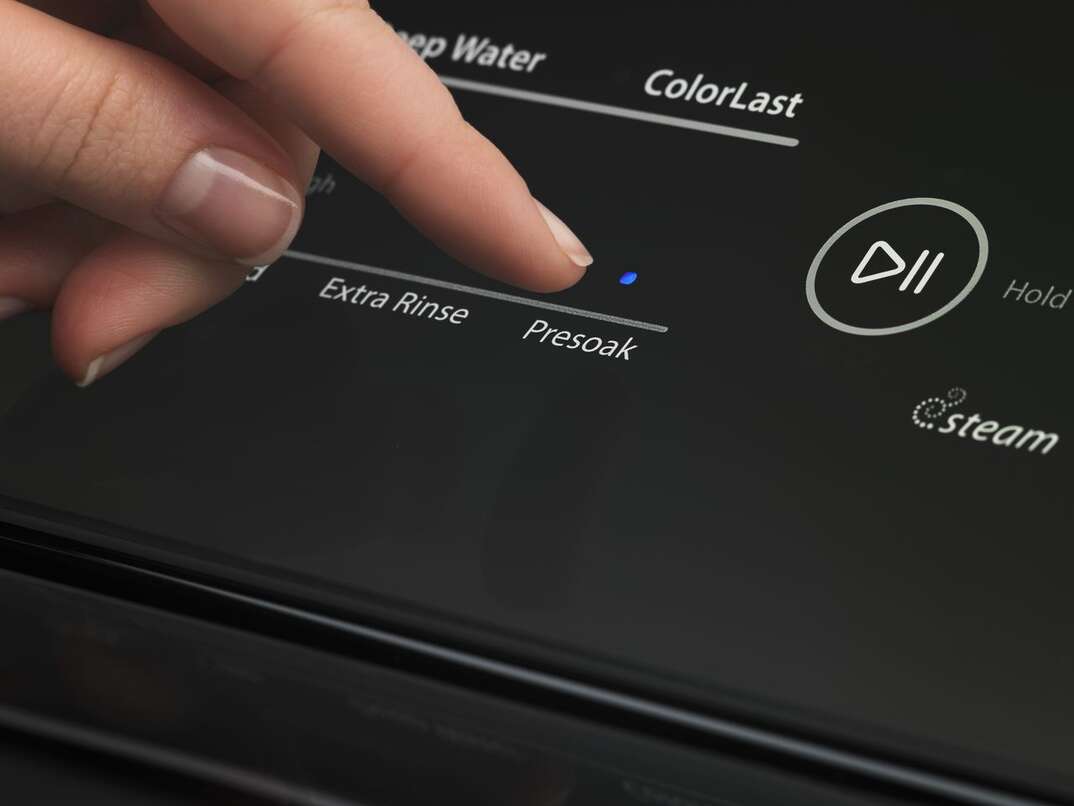Should I Get the Extended Warranty When I'm Buying an Appliance?

Peace of mind. For consumers, it’s worth its weight in gold. That’s why — when it comes to purchasing major appliances and electronics — it’s tempting to purchase a so-called “extended warranty” to cover any unexpected repair costs for these often expensive products. But purchasing an extended warranty might not always be the best course of action.
In the market for a new appliance for your home? It pays to take a closer look into extended warranties and what they offer before opening your wallet.
What’s an Extended Warranty?
An extended warranty is a service contract between you and a manufacturer, dealership or independent store that is paid for on top of the purchase price. Although an extended warranty is commonly offered when purchasing a car, you can obtain similar contracts for a variety of other household appliances as well.
Experienced homeowners know: Appliances are expensive, especially when they quit working. Modern electrical appliances are complex pieces of technology, and when they develop problems, they may stem from any of a number of causes — many of which might fall outside of what is covered in a standard manufacturer's warranty. Extended warranties keep your out-of-pocket costs low ... in theory. Whether or not they live up to the hype is another question.
A False Sense of Security
While an extended warranty may or may not cover all of your out-of-pocket costs for a repair, purchasing one can still seem like a smart move, saving you money in the long run and giving you some peace of mind.
But the truth is, extended warranties can also be largely unnecessary for most, if not all, household appliances. Sure, paying for a protection plan might give you some much needed worry-free sleep, but what if it’s more affordable to simply pay the repair bill if and when something ever goes wrong with the appliance?
Is It Worth It to Purchase an Extended Warranty for a TV?
When it comes to high-tech, complex electronics, nothing garners more attention than the television set. Depending on the brand and model of your TV, your purchase can be quite expensive. It makes sense that you’d want to protect your investment with an extended warranty of some kind. And, at 10% to 20% of the purchase price, a warranty might not seem like that big of a loss. But the truth is, modern flat-screen TVs don’t cost all that much to repair. The national average cost for TV repairs is only $80, according to Thumbtack. The majority of TV issues are minor, and replacement parts are relatively cheap. So, you’re better off just paying for the repair if and when it is needed.
What About Major Household Appliances?
There’s no way around it: Major household appliances get a lot of use. Washer and dryers, dishwashers, microwaves — all are used multiple times a day, every day. And the truth is, depending on the model and brand of these appliances, you may have had to already pay an arm and a leg for them. If you’ve purchased a high-end model, the more expensive it’ll be to repair or replace parts.
Still, extended warranties are rarely worth it. You may hear wild tales about money saved by purchasing extended warranties, but they aren’t necessarily common. In fact, studies have proven that even though extended warranties on electronics and appliances are popular with consumers — nearly a third of consumers purchase them, according to Consumer Reports — they are ultimately poor deals. The probability that a product will need repair within the coverage period is pretty low. And even if the product fails, the cost of repair is generally the same, if not less than the extended warranty.
So, why are extended warranties so popular if they aren’t helpful?
For one, it’s because consumers regularly overestimate the chances that their product will need repair. It’s also because selling extended warranties is big business for retailers, so your sales representative might sing the praises of an extended warranty. In fact, according to a Consumer Reports survey, nearly 78% of consumers reported that they didn’t checkout without at least a suggestion that they purchase an extended warranty. That’s because it’s extremely lucrative for the company. Retailers keep nearly 50% or more from what they charge. Roughly $21 billion in extended warranties were sold in 2017. Red flag, anyone?
What to Do Instead of Buying an Extended Warranty
We get it. Peace of mind goes a long way when it comes to purchasing major appliances and electronics for your home. We all have stressful enough lives as it is, and the last thing you want is a major appliance to break down, leaving you with a high repair bill. Good thing there are several ways you can protect yourself when making a big purchase like this in lieu of buying a service contract.
Use a Credit Card
Several credit card companies offer extended-warranty coverage for select purchases. If you’d like some additional peace of mind but don’t want to spring for the cost of the extended warranty, purchase the appliance with one of these cards and rest easy. Remember to be smart when buying anything with credit. Don’t buy it if you can’t afford to pay it off quickly. Otherwise, you could be stuck making high-interest payments every month.
Read the Fine Print
It’s federal law for a retailer to show you the manufacturer’s warranty before you make a purchase. Take time to read through the terms and conditions of a product before you buy it. A more comprehensive manufacturer's warranty is often a good sign of a quality product.
Do Your Own Research
Before heading out to your favorite big-box retailer, take some online to read reviews to determine the most high-quality, durable products. Paying more upfront for a reliable appliance is always a smarter choice than purchasing a cheaper product and an overpriced extended warranty.
Start an Emergency Fund
If peace of mind is what you’re after, consider starting your own emergency repair or replacement fund. Contributing a hundred dollars from your salary for a few months into an emergency savings account can keep you worry-free when it comes to these unexpected events.


